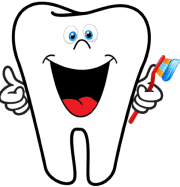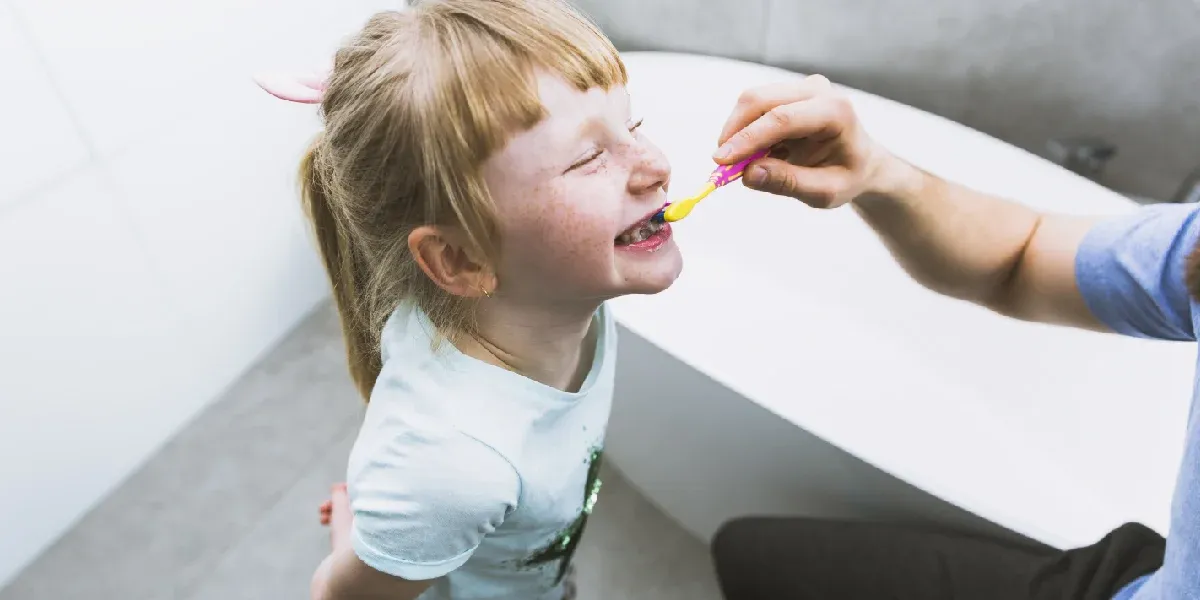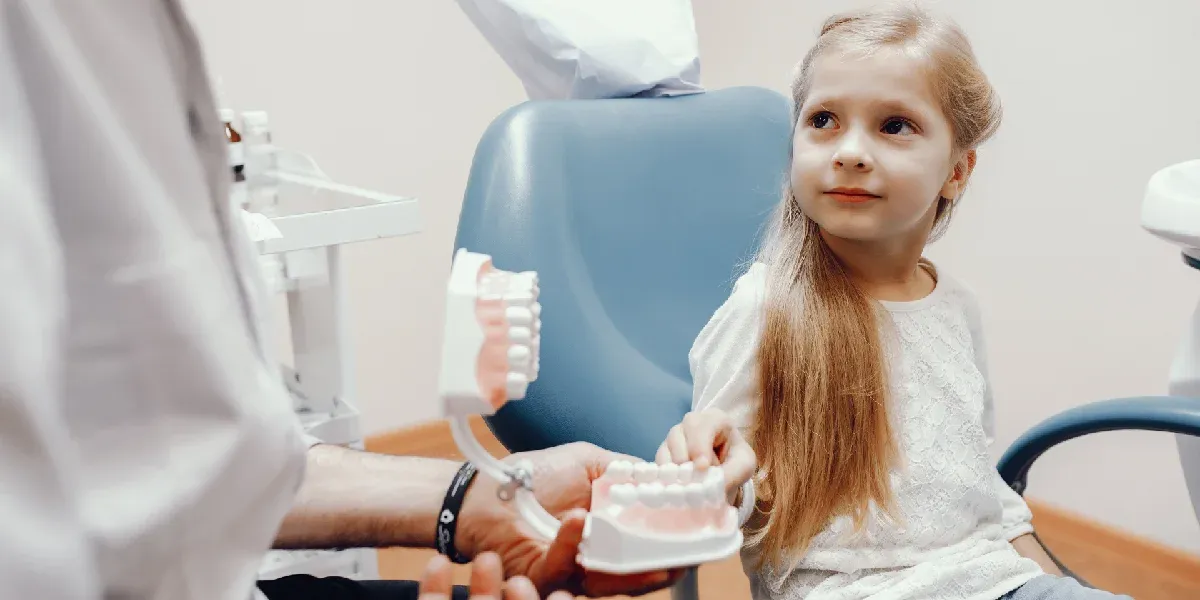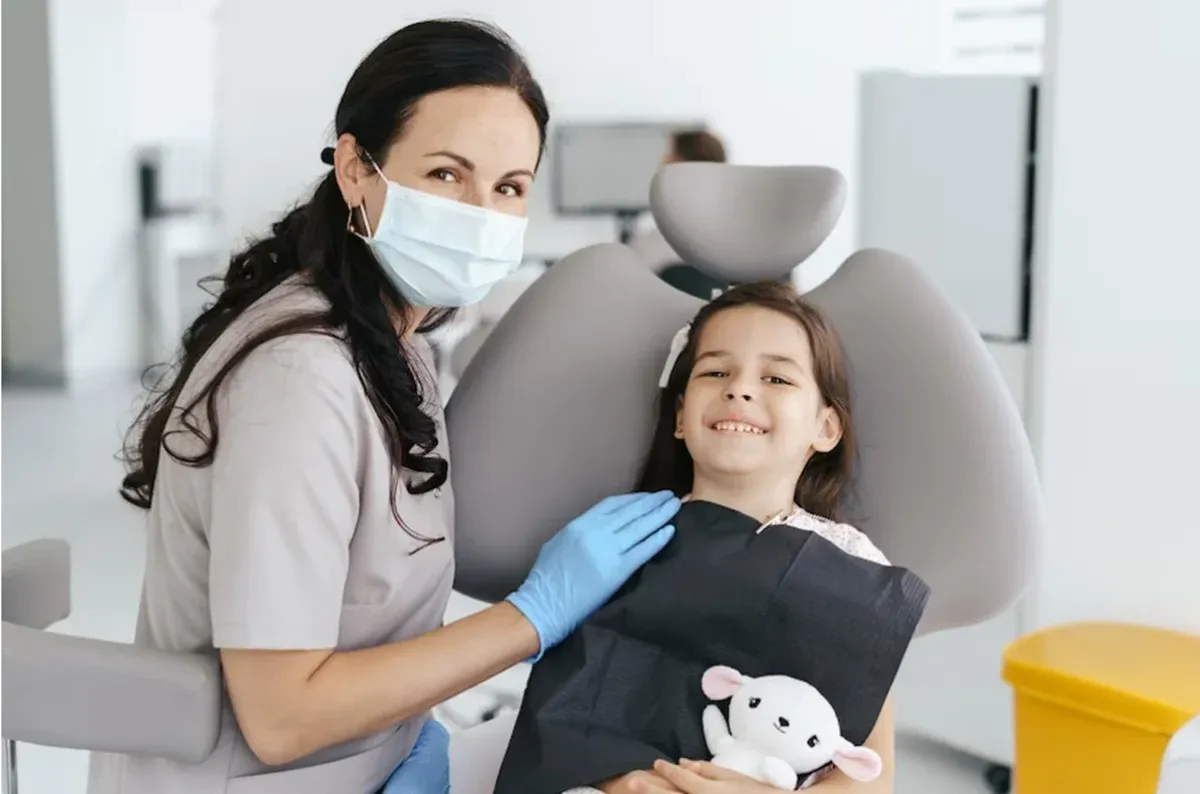
The Role of Pediatric Dentists
Ensuring Healthy Smiles through Regular Check-ups
Pediatric dentists receive specialized training that extends beyond general dentistry. This training equips them to address the distinctive dental health needs of infants, toddlers, children, and teenagers. The specialized knowledge also enables them to address issues related to the development of primary and permanent teeth, oral habits, and growth of the jaws.
These dentists emphasize preventive care to stop dental issues before they develop or escalate. Routine examinations, cleanings, fluoride applications, and dental sealants are proactive approaches to mitigate the risk of cavities and other prevalent dental concerns. The timely identification of dental issues is vital for prompt and effective intervention.
A pediatric dentist helps identify developmental concerns, misalignments, cavities, and other issues at their early stages. This practice allows for timely and appropriate intervention, reducing the severity of problems and the need for more extensive treatments.
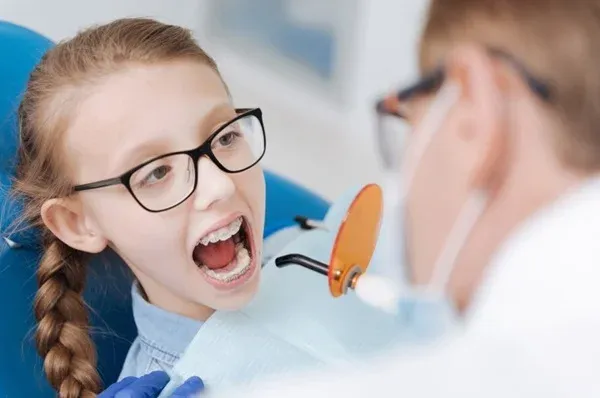
Regular visits to pediatric dentists are essential for maintaining and promoting a child's oral health. These visits are pivotal in preventive care, early detection and intervention, education, behavior management, and personalized treatment. In this comprehensive exploration, we will focus on these aspects to highlight the significance of regular visits to these dentists and how they contribute to a child's oral well-being.
Preventive Care
One of their primary contributions to a child's oral health is their focus on preventive care. Regular check-ups, typically recommended every six months, allow dentists to monitor a child's oral health proactively. During these visits, a pediatric dentist performs thorough examinations, conduct cleanings, and apply fluoride treatments or dental sealants.
Preventive measures are crucial in warding off common dental issues such as cavities. As an example, dental sealants serve as a safeguard by covering the chewing surfaces of molars. They prevent the buildup of plaque and bacteria in the crevices. By addressing potential problems early on, the pediatric dentist significantly reduces the risk of more severe dental issues later in a child's life.
Early Detection and Intervention
A pediatric dentist plays a vital role in identifying dental issues during their initial stages, a critical step in preventing the progression of dental problems. Early detection significantly reduces the need for extensive and invasive treatments. Through regular check-ups, dentists can pinpoint concerns like cavities, misalignments, and developmental issues before they escalate into more complex and challenging conditions.
"Children who regularly visit a pediatric dentist have a 40% reduction in oral health issues in adulthood."
For instance, early recognition of orthodontic issues facilitates timely intervention. The pediatric dentist expertly guides or refers children to orthodontists for specialized care, promptly addressing misalignments or bite issues.
Education and Guidance
The pediatric dentist contributes significantly to oral health by educating and guiding children and their parents. In these regular visits, dentists offer essential information on maintaining proper oral hygiene by focusing on brushing and flossing techniques. They also stress the significance of a balanced diet and avoiding habits that could harm oral health.
Education is a powerful tool in preventing dental issues. By empowering children and their parents with knowledge about oral health, dentists enable them to make informed decisions and adopt healthy practices at home. This proactive approach establishes a foundation for a lifetime of good oral hygiene habits.
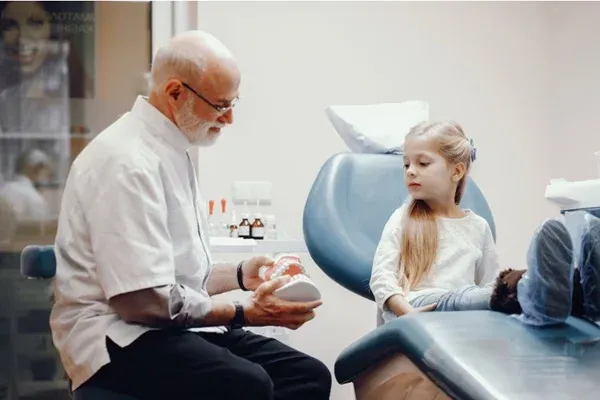
Behavior Management
Creating a positive and comfortable environment is a hallmark of pediatric dentistry. The dentists use effective behavior management techniques to make dental visits more pleasant for children. It includes employing positive reinforcement, communication tailored to children, and age-appropriate explanations of procedures.
Pediatric dentists use child-friendly language, show empathy, and employ techniques that make the dental experience less intimidating. By fostering a positive environment, they contribute to a child's overall comfort and willingness to engage in regular dental care.
Dentists contribute to a positive attitude toward oral health care by reducing anxiety and fear associated with dental visits. Children with positive experiences at the dentist's office are more likely to maintain regular dental visits.
Monitoring Growth and Development
Children's teeth and jaws undergo significant changes as they grow. The pediatric dentist has a vital role in monitoring the growth and development of teeth during regular check-ups. Early identification of potential issues, such as abnormal tooth eruption or concerns with jaw development, is a crucial aspect of the dentist's expertise.
Early identification of these issues allows dentists to provide appropriate guidance or referrals for further specialized care. Addressing potential orthodontic problems on time contributes to optimal oral health outcomes for children.
Customized Care
Pediatric dentists address the unique dental needs of children. Regular visits allow them to provide age-appropriate and personalized care, uniquely tailored to the child's stage of development. It includes considerations for primary and permanent teeth and understanding the specific challenges associated with pediatric dentistry.
Customized care ensures that children receive treatments and interventions suitable for their age and circumstances. Pediatric dentists adapt their approach to accommodate each child's evolving oral health needs, contributing to effective and tailored oral health care.
Addressing Special Needs
Children with special needs may have unique oral health requirements. A pediatric dentist collaborates with children of varying abilities, ensuring they receive tailored care and support. Regular visits allow dentists to assess and address the specific oral health needs of children with special needs.
By tailoring their approach and considering each child's individualized needs, pediatric dentists promote oral health equity and accessibility for all children, regardless of their abilities.
Emergency Care
Besides providing preventive and routine care, pediatric dentists are prepared to address dental emergencies in children. Connecting with a pediatric dentist ensures prompt and effective resolution of accidents and unexpected issues.
A pediatric dentist provides immediate care, whether it's a dental injury, severe toothache, or another urgent concern. This swift response to emergencies is crucial in preserving a child's oral health and minimizing potential long-term consequences.
Conclusion
Don't underestimate the power of regular visits to pediatric dentists – they're an absolute must for your child's oral well-being! These visits cover everything from preventive care and early detection to personalized treatment, education, behavior management, and fostering good oral habits. Plus, they're the go-to for addressing special needs, preventing dental anxiety, and handling emergency dental situations.
With their specialized know-how and a kid-friendly approach, pediatric dentists are the unsung heroes in guaranteeing the best oral health results for your little ones. It's not just about now; it's about laying the foundation for a lifetime of healthy smiles! Ready to make your child's dental health a top priority? Schedule a visit today and set them on the path to a lifetime of confident and happy grins!
Contact your kids' dentist in Stockton, Dr. Sajjad Rizvi, D.D.S. at Happy Kids Dental, to learn more about the role of pediatric dentists.
Resource:
How to Care for your Infant's Oral Health?
*This media/content or any other on this website does not prescribe, recommend, or prevent any treatment or procedure. Therefore, we highly recommend that you get the advice of a qualified dentist or other medical practitioners regarding your specific dental condition*
Subscribe To Our Newsletter
Get Updates And Learn From The Best
